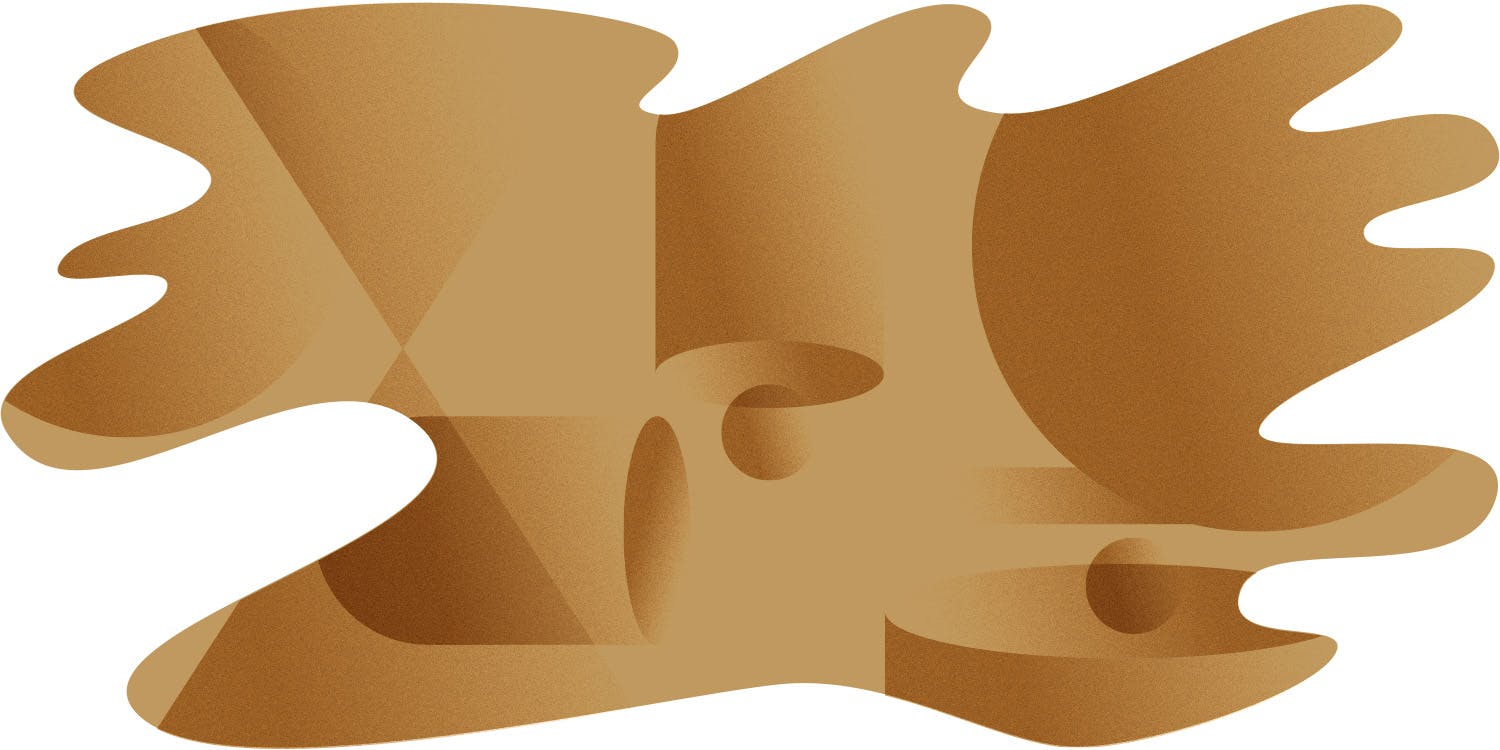
On a given Saturday, with time on my side and a bit of boldness, YouTube will teach me almost any skill. I need to change the oil in my car? 3,660,000 videos are ready at hand to show me how. I want to write a stand-up comedy routine? I probably shouldn't, but 15,500 videos explain the process.
If I ask, YouTube answers.
And it's the same with Siri and Google and Quora and . . . is AskJeeves still a thing?
They'll give me an answer, but they'll never give me a question to ask.
The point, I think, highlights two remarkable realities:
- Answering questions has never been easier. This is the definition of "a given," so I won't say any more about it.
- Questions have never been more valuable.The Internet Age's great pioneers (and now overlords???—looking at you Google) staked their claim around questions. Panning for these little nuggets we tossed their way, they found them to be bonafide gold. Let that sink in: companies exist because we ask questions.
What does this mean for teaching? I think it means that we often don't need teachers to be the at-hand experts ready to answer our questions. That doesn't mean we don't need teachers who are also experts (Who made all those YouTube videos after all?).
It does mean that a teacher's job on the ground often looks different than we imagine. If 15,500 people are ready to answer my questions about stand-up comedy, what do teachers do?
There are a lot of important answers to that question. Teachers contextualize expertise. They identify specific hurdles learners face and customize their journeys around and over those hurdles. Teachers sometimes simply encourage at just the right moment. But here's an answer I think gets overlooked:
Teachers, unlike YouTube, give us questions to ask.
When we don't know what we don't know, teachers can tell us. By giving us questions to ask, teachers show us what's just beyond our peripheral vision.
You may have had an experience like this. Maybe you sat down with a mentor and lamented over two career choices that were seemingly at odds. "Which one should I pick?!" you asked. Maybe your mentor returned with a question: "What if instead you asked, ‘How can I combine these two passions?’"
A whole new direction opens up to you in an instant.
In other words, even at a time when questions are answered so easily, we often need help asking the right questions.
What might it look like if, as teachers (whether in a classroom or out), we focused more on giving our learners the right questions than the right answers? What if, as learners, we paused to ask, "What should I be asking?"
Try this. Whenever you sit down to design your next course—whether it's an employee onboarding course or an intro to graphic design—don't just make a list of what your learners should know. Make a list of the questions they should ask to find those answers themselves.
In the process, you'll not only help learners find answers to their questions, you'll reveal mysteries they didn't know they were searching for. You’ll give them something worth more than gold.
Using Pathwright is dead simple and doesn’t cost a thing until you’re ready to launch a path.
Get startedTopics in this article

